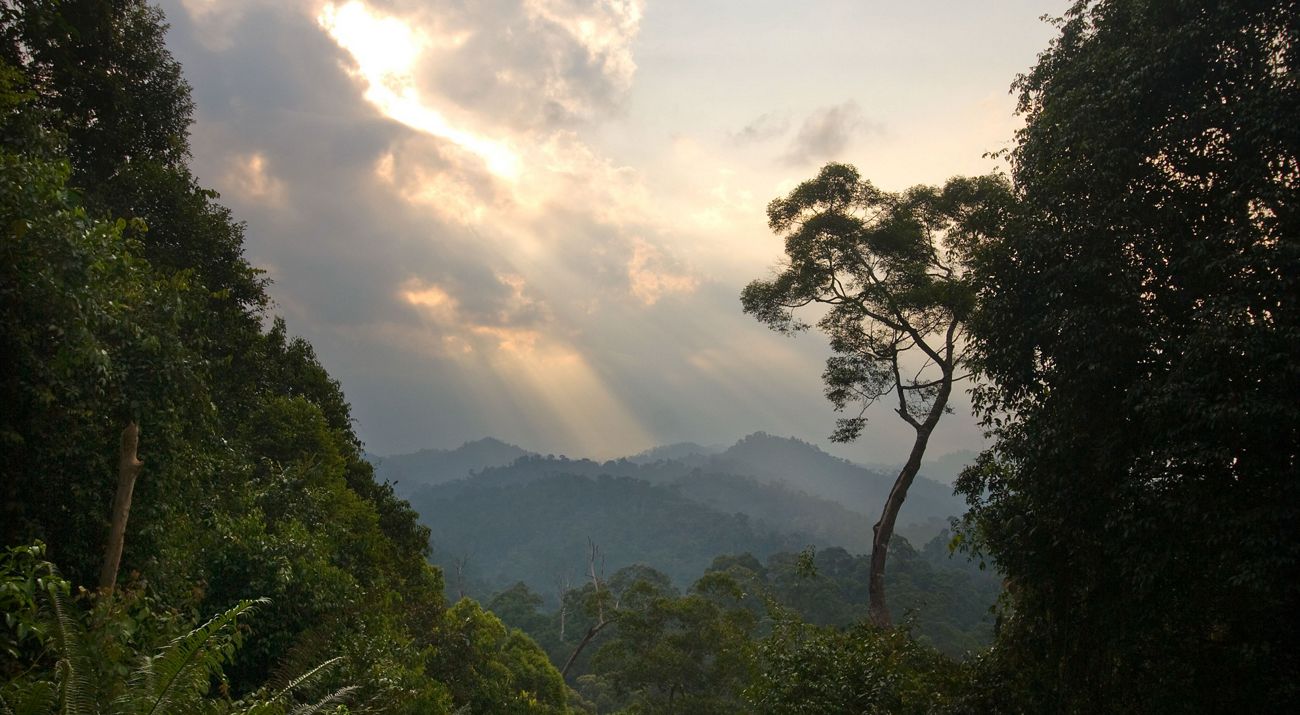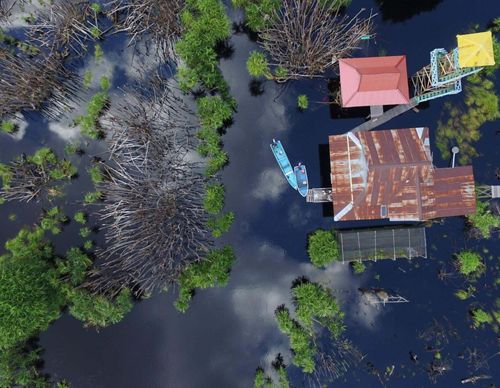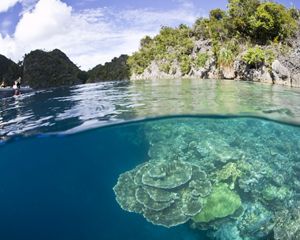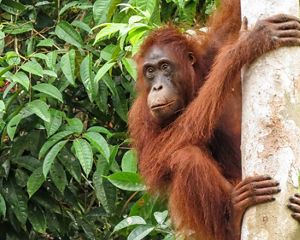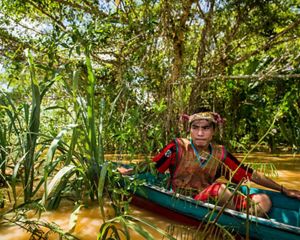Make a Difference in Indonesia
Indonesia’s natural beauty, abundant resources and cultural traditions are increasingly threatened by unsustainable development and exploitation. Working with our in-country partner Yayasan Konservasi Alam Nusantara, we are working with communities to safeguard Indonesia's tropical forests, oceans and coasts. Join us to save one of the last great places on Earth.
We Can’t Save Nature Without You
Sign up to receive regular updates from The Nature Conservancy.
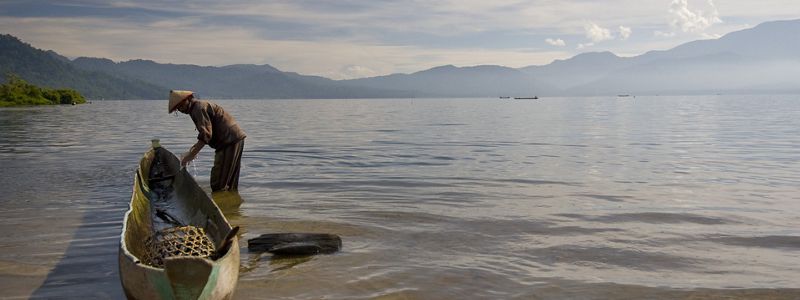
Lore Lindu National Park:
TNC works with the local community to preserve the natural resources of Lore Lindu National Park, Indonesia.
©
Bridget Besaw
